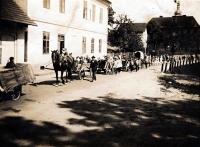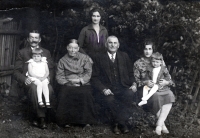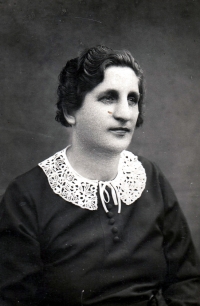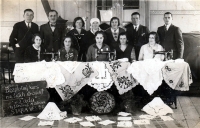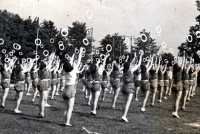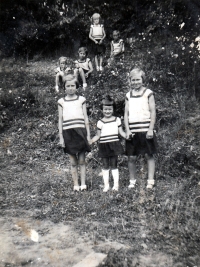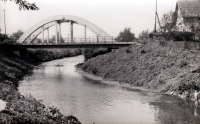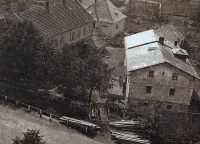I was even more afraid of the Communists than I was of the Nazis.
Download image
Blažena Stuchlá, née Kašparová, was born on 28 March 1931 in Ostrava-Vítkovice. She grew up in Stará Ves nad Ondřejnicí. Her mother owned a pub and her father worked at the railway. In 1939 she experienced the occupation and the establishment of the Protectorate. She remembers a neighbour, a miller of German origin, Hermann Ohnheiser, who helped people in the village during the war. In April and May she experienced the fighting of the Ostrava-Opava Operation, when the front crossed the village twice. In June 1945, it experienced the expulsion of the Ohnheiser family from the mill and the imprisonment of the miller in the cellar of the castle, where he died under unclear circumstances. She witnessed the rise of the communists to power, experienced collectivisation and the expulsion of farmers from the village. After 1948, the family was persecuted for its former pub keeping business. From the late 1960s Blažena Stuchlá worked in the canteen of Klement Gottwald’s Vítkovice Ironworks in Ostrava. Here she witnessed the lavish celebrations organised by communist officials.

